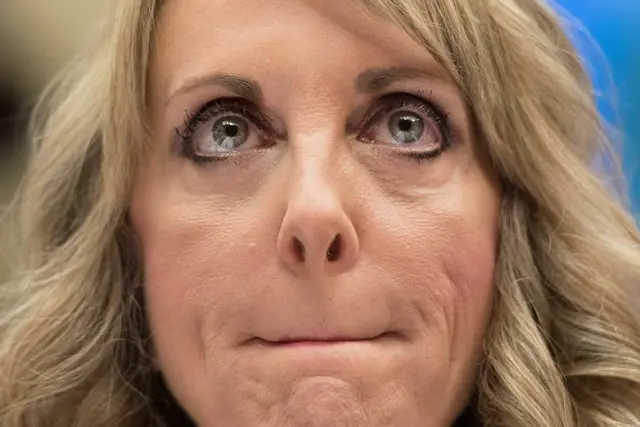U.S. and Japanese negotiators have come close to reach a deal in their bilateral talks for a broader Asia Pacific free trade pact, but some sticking points remain to be resolved, President Barack Obama said Monday.
"I don't expect that we will complete all negotiations" during Japanese Prime Minister Shinzo Abe's visit to the United States this week, Obama said in an interview with Wall Street Journal, noting that "negotiations are tough on both sides".
Despite multiple rounds of bilateral meetings between the United States and Japan over the past two years, the two sides have yet to secure a final agreement over the market access negotiations of agriculture and autos.
A deal between the United States and Japan is very crucial to the conclusion of the broader Trans-Pacific Partnership (TPP) negotiations, as the two economies account for 80 percent of gross domestic product in the TPP framework involving 12 nations in the Asia Pacific region.
"Any progress that is made this week in the summit between Prime Minister Abe and President Obama will be important, opening a door to broader negotiations between Japan and other 10 participating countries in the TPP", Jeffery Schott, senior fellow at the Peterson Institute for International Economics, on Monday told reporters in a conference call.
"A lot of countries have been waiting for the U.S. and Japan to substantially finish their market access talks, so that they can get to start their own negotiations with Japan", which will push forward the overall TPP negotiations, Schott said.
The Obama administration is working hard to conclude the TPP negotiations this year, but analysts said other trading partners are not likely to make significant concessions until Obama has secured the so-called fast-track authority to speed consideration of any trade agreements through U.S. Congress.
The fast-track authority, formally known as trade promotion authority (TPA), empowers the president to negotiate trade deals and then present them to Congress for up-or-down votes, with no amendments allowed.
The U.S. House Ways and Means Committee and Senate Finance Committee approved the legislation to grant Obama the fast-track authority last week, but final congressional passage is far from certain, as liberal Democrats and Tea Party Republicans have aligned to block Obama's trade agenda.
"There has been a confluence of anti-global engagement from both elements of the right and elements of the left that I think are a big mistake," Obama said, pushing back against criticism of trade negotiations.
"Over the course of 20, 25 years, what you saw was trade benefits the U.S. economy in the aggregate with cheap prices, inflation low, the creation of a global supply chain that was good for U.S. companies," he argued.
Obama also stressed the TPP will have more enforceable provisions on labor and environmental standards, which are better for U.S. workers compared with the North American Free Trade Agreement negotiated in the 1990s. Enditem
 简体中文
简体中文

